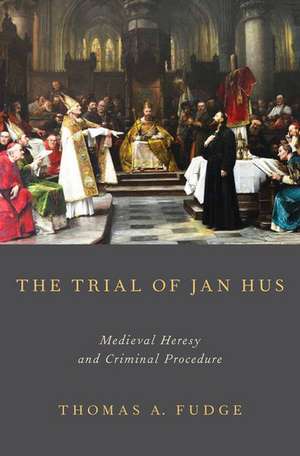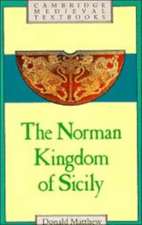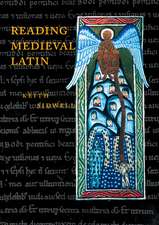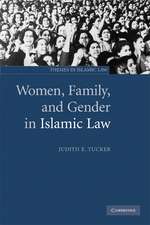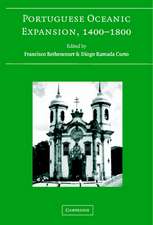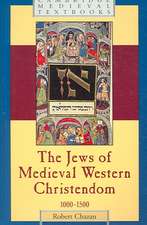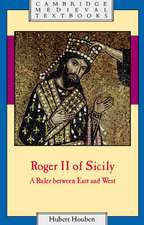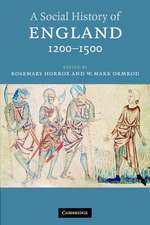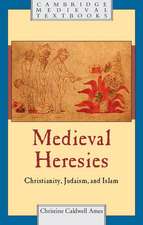The Trial of Jan Hus: Medieval Heresy and Criminal Procedure
Autor Thomas A. Fudgeen Limba Engleză Hardback – 30 mai 2013
Six hundred years ago, the Czech priest Jan Hus (1371-1415) traveled out of Bohemia, never to return. After a five-year legal ordeal that took place in Prague, in the papal curia, and finally in southern Germany, the case of Jan Hus was heard by one of the largest and most magnificent church gatherings in medieval history: the Council of Constance. Hus was burned alive as a stubborn and disobedient heretic before a huge audience.
His trial sparked intense reactionsand opinions ranging from satisfaction to condemnations of judicial murder. Thomas A. Fudge offers the first English-language examination of the indictment, relevant canon law, and questions of procedural legality concerning Jan Hus and the Holy See.
In the modern world, there is instinctive sympathy for a man burned alive for his convictions, and it is presumed that any court sanctioning such action must have been irregular. Was Hus guilty of heresy? Were his doctrinal convictions contrary to established ideas espoused by the Latin Church? Was his trial legal? Despiteits historical significance and the strong reactions it provoked, the trial of Jan Hus has never before been the subject of a thorough legal analysis or assessed against prevailing canonical legislation and procedural law in the later Middle Ages. The Trial of Jan Hus shows how this popular and successful priest became a criminal suspect and a convicted felon, and why he was publicly executed, providing critical insight into what may be characterized as the most significant heresy trial of the Middle Ages.
Preț: 586.80 lei
Preț vechi: 836.60 lei
-30% Nou
112.30€ • 116.35$ • 93.72£
Carte tipărită la comandă
Livrare economică 11-17 martie
Specificații
ISBN-10: 0199988080
Pagini: 432
Dimensiuni: 239 x 163 x 43 mm
Greutate: 0.85 kg
Editura: Oxford University Press
Colecția OUP USA
Locul publicării:New York, United States
Recenzii
Essential.
